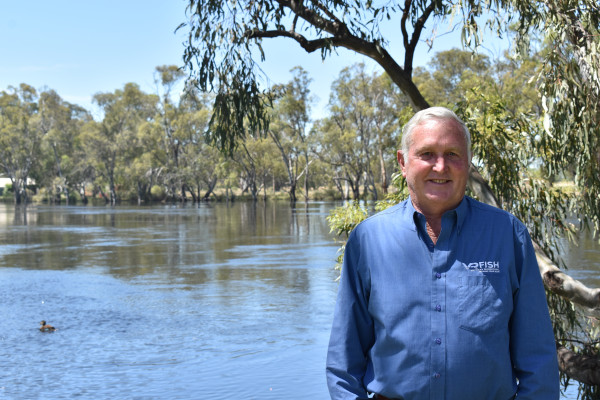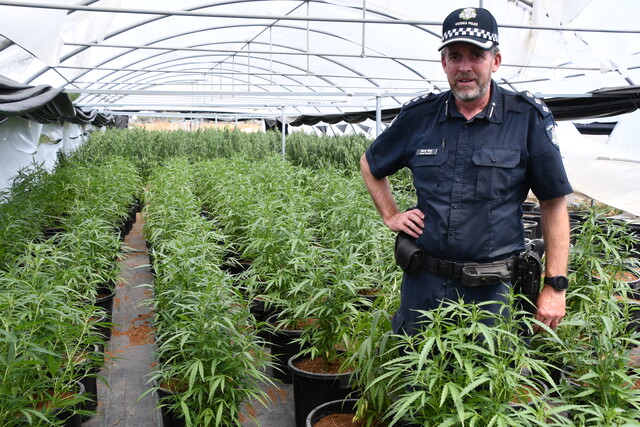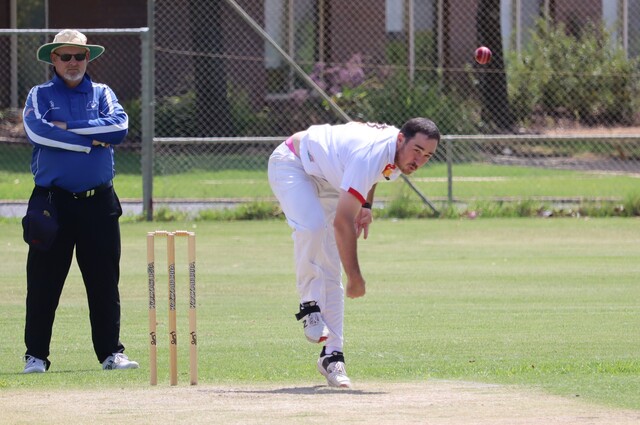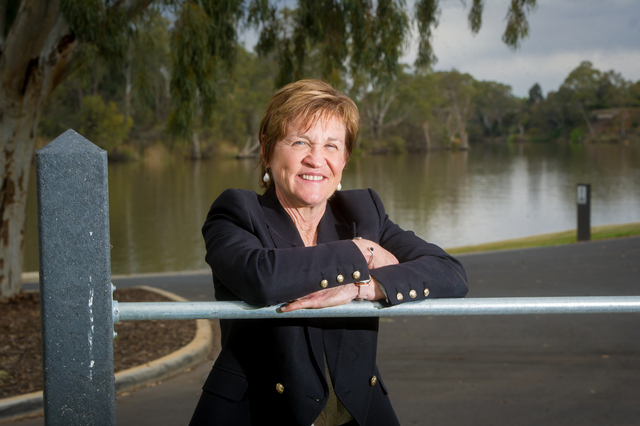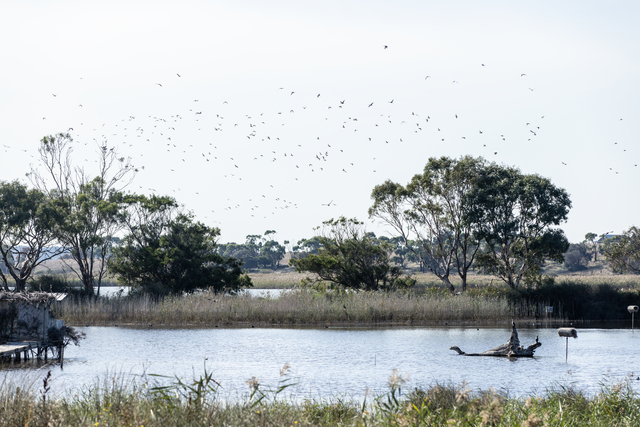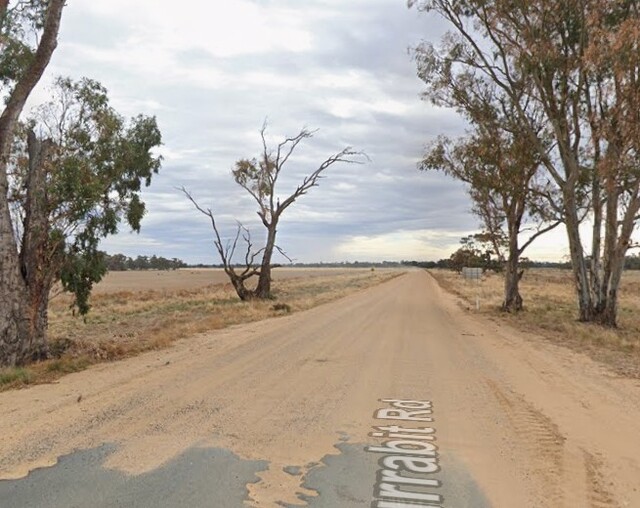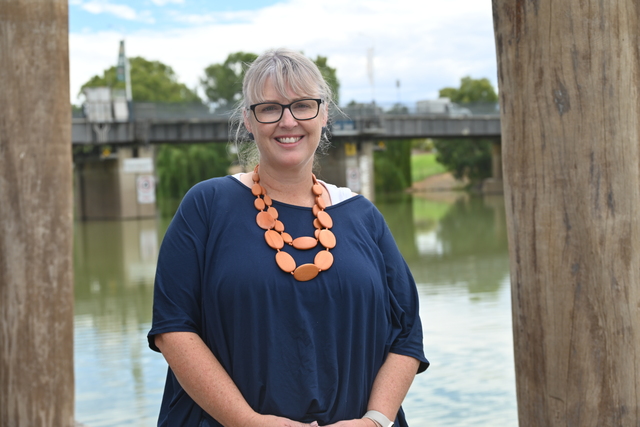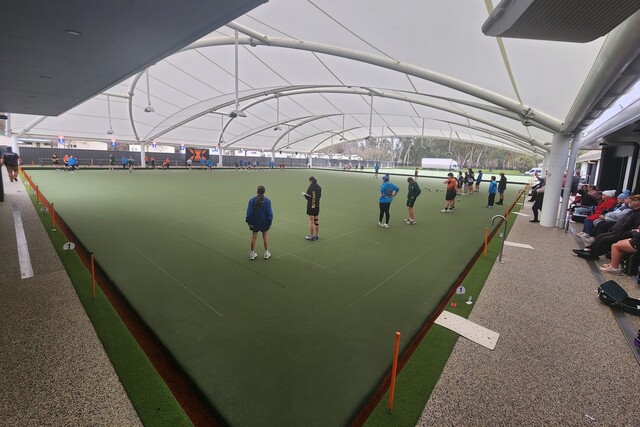MOULAMEIN farmer and and Speak Up Campaign deputy chair Lloyd Polkinghorne says efforts to control “rabbits of the water” can be part of a “fresh and holistic approach” to improving the river environs.
“However, governments need to understand that carp are only part of the problem,” the water advocate said.
“Through the ‘just add water’ approach that has been adopted to this point, we have provided ideal breeding grounds for European carp and allowed them to further damage the environment that we are supposed to be protecting.
“As we water and restore wetlands, we are increasing carp numbers and this unintended consequence of environmental watering needs to be acknowledged and proactively addressed.
“With the right complementary measures in place, supported by adequate funding, we can protect our environment without providing ideal breeding grounds for European carp.”
Pest of the waterways
CARP have become the most dominant large-bodied fish in the Murray-Darling Basin making up to 80-90 per cent of fish biomass.
Carp have major negative impacts on water quality and the amenity value of our freshwater environments.
Carp also have a devastating impact on biodiversity and have decimated native fish populations in many areas since they first became established as a major pest in the wild in the 1960s.
Unfortunately, carp can now be found in almost all states and territories.
They were introduced to Australia more than 100 years ago.
Read other carp virus articles
Consider wider impacts of virus

